Communications strategy training resources & FAQs
Thanks for registering for our event Get heard. Make impact – The art and science of strategic communication. We can’t wait to spend the day with you.
This page has all of the information you will need to prepare for the session, including:
- Event details
- Pre-event preparation
- Agenda
- Your questions
- Resources
Event details
The event details are as follows:
Date: Tuesday, 28 May 2024
Time: 9:30am – 4:30pm
Location: Ainslie Arts Centre, 30 Elouera St, Braddon ACT 2612
Pre-event preparation
Before the session there are some key things you should reflect on to ensure you get the most out of it.
- Get focused!
You will be developing a communications strategy during our session, which means you need to know where you want to focus your attention.
What do you want the communications strategy to focus on? It could be for your whole organisation, a new project, an existing service or an initiative.
2. Gather your data and information
We will be talking about how to measure your communications efforts. To do that you will need to bring some information with you to get the most out of that activity. Think about:
- What current data do you have on your communication channels?
- Where are you already communicating? Many of your channels might even be giving you insights you don’t know about. If you are on social media channels such as Facebook or LinkedIn, they have built-in analytics that you can access.
- Program or service data – don’t forget this is all about helping to achieve your organisations objectives.
- Organisational information – find your corporate plan, strategic plan or business plan anything that will help you to identify your organisational goals.
We strongly suggest you gather any data and information you have, review it, and bring it with you to the session.
3. Know your people
We will spend a lot of time talking about who you need to communicate with.
Think about your key audiences and who they are. Do you have any information, data, or market research that tells you more about them? If not, it might be worth asking around your organisation beforehand to find out who uses your services at the moment.
Agenda
The following is an overview of our session.
| Estimated time | Topic |
| 9:15 | Arrival ready to start |
| 9:30 | Introductions and welcome |
| 10:00 | The Basics of communication strategy development What is strategic communication? What is it not? The difference between a plan & strategy The cycle of strategic communication Purpose & goals – knowing your why. |
| 10:30 | Environmental Scanning What is environmental scanning? Tools for environmental scanning: PESTLE Analysis and SWOT Analysis |
| 10:50 | Morning tea break |
| 11:00 | Objectives What is the strategy trying to achieve? Aligning communication to business objectives The formula for writing a great objective |
| 11:45 | Behavioural insights |
| 12:15 | Lunch break |
| 12:45 | Identifying audiences Knowing your audience – who are they, what are they thinking, levels of understanding, what else is happening in their world. |
| 1:45 | Messaging Telling your story Developing a narrative Identifying themes |
| 2:15 | Channel identification Taking a strategic approach Aligning tactics to audience needs Think about current and new channels. |
| 3:00 | Implementation Putting it all together When is it happening? What do you need to consider? |
| 3:30 | Measurement and Evaluation What does success look like? Why you need to monitor, adjust, evaluate and report |
| 4:00 | Review your strategy Time to review your work |
| 4:20 | Final questions |
| 4:30 | Ends |
Some questions you might have
Question: Where is best to park at the venue?
Answer: Ainslie Arts Centre has limited free on-site parking out the front. Free on-street parking is available in the surrounding areas, with some time-limited spots. The Canberra Centre Mall also has all-day parking and is a 15-minute walk away. Accessible parking is available at the venue.
Question: What should I bring on the day?
Answer: You will need to bring:
- A laptop to be able to complete your communication strategy.
- Water bottle
- Any data about your current communication channels or information about your audiences.
- A notepad and pen might be handy to write notes and brainstorm.
- A positive attitude!
Question: Is lunch provided?
Answer: Yes, morning tea and lunch will be provided.
Please inform us of any dietary requirements before the day. If you did not provide your dietary requirements in your ticket registration, please email nikola@elmcommunications.com.au
Question: Do I need to print the training manual?
Answer: No, we will provide a copy on the day. We recommend having the communication strategy template open on your laptop, but if you prefer to go old school, please feel free to print a copy to bring with you.
Resources
We will be using some key resources throughout the day. Make sure to come back to this page closer to the day to download them!
Training workbook: This workbook goes alongside our training presentation. It includes definitions, diagrams and key points. It also has space for you to take notes and at the end of each section there are some resources that can you can use to find more information. We will provide a copy of this on the day.
Communication strategy template: This template will be used to craft your final communications strategy. Keep a copy to use in the future when you choose to update it. You will need to download a copy for the workshop.
Additional resources: We will be referring to the following resources during the training.
